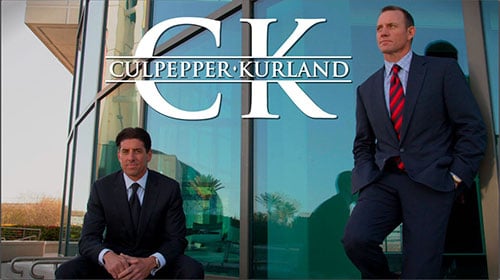At the next legislative session, Florida lawmakers will take a up a proposal to strengthen the state’s texting and driving ban. Currently, Florida motorists are not allowed to text and drive, but the offense is “secondary” and carries only a $20 fine. A person who gets fined does not have points assessed on his or her official motor vehicle record.
The proposal would, among other things, make texting and driving a primary offense. What this means is that if an officer observes the behavior, the officer can immediately pull the person over and write a ticket. A secondary offense, on the other hand, means the officer can write a ticket only if he or she stopped the person for some other reason.
Many people point to the fact that current laws really haven’t done a lot to stop distracted drivers. Across the state, since 2013, when the current law went in to force, distracted driving accidents in Florida have increased by over 20 percent, from 39,000 in 2013 to 49,000 in 2016. Proponents of tougher laws cite these statistics to argue that the law needs to have more teeth to it to be effective.
But opponents of the pending measure raise concerns for other reasons. Specifically, they point to statistics suggesting that police might use their new power to pull people on the suspicion that they were “texting” to investigate drivers. This practice raises concerns about racial profiling and other police abuses.
From the standpoint of accident victims, of course stronger laws are good for that they are worth after the fact. Fortunately, no matter what exactly the punishments for violating Florida’s texting ban are, an injured person can still use the fact a driver was texting at the time of an accident to establish negligence and thus make an argument that he or she should be compensated for losses.
Source: The Miami Herald, “If u txt while u drive, FL wants u to stop. But will that add to racial profiling?” Steve Bousquet, Dec. 5, 2017.


